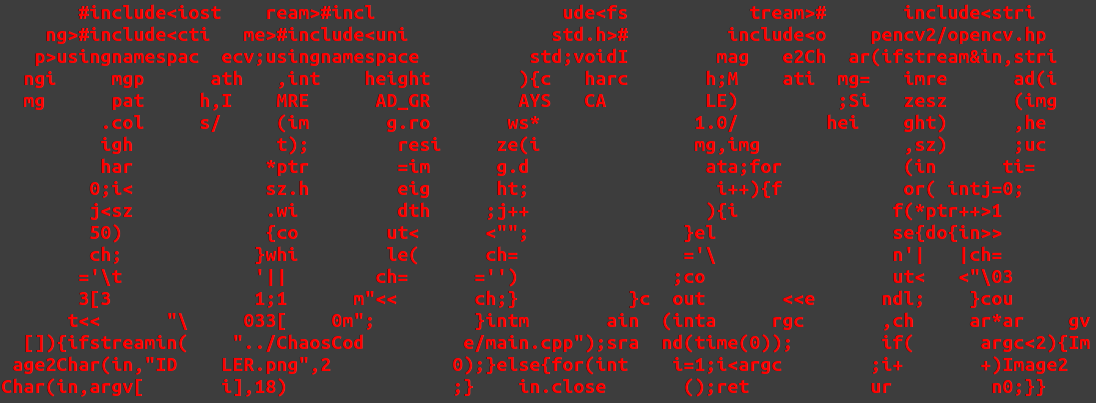C Trick
BASIC
1 | scanf( "%[^\n]", str ); 回车才返回 |
底层是指针实现
a[5] == 5[a];
“ABCD”[2] == 2[“ABCD”] == ‘C’;
相当于(a + 5) == (5 + a)
1 | #include <stdio.h> |
result:4 and 5, 因为 sizeof 是编译时行为,运行时不会执行
MACRO
#pragma once是编译器相关的,有的编译器支持,有的编译器不支持,具体情况请查看编译器API文档,不过现在大部分编译器都有这个杂注了。#ifndef,#define,#endif是C/C++语言中的宏定义,通过宏定义避免文件多次编译。所以在所有支持C++语言的编译器上都是有效的,如果写的程序要跨平台,最好使用这种方式。
下划线是变量
(, );
__[];
__=&__;
GNU C EXTEND
gcc的C扩展支持嵌套函数(函数里可以再定义函数). clang的C好像还有闭包..
http://www.anwcl.com/wordpress/c%E8%AF%AD%E8%A8%80%E7%9A%84tricks%E4%B8%8E%E6%9C%AA%E5%AE%9A%E4%B9%89%E8%A1%8C%E4%B8%BA-undefined-behavior/
1 | #include <stdio.h> |
1 | 来自Linux Kernel的例子,一般用得比较少 |
匿名数据结构:匿名数组、匿名结构体等。实现Lisp的List
1 | int main() { |
TRICK
C++1x 可以用 auto 来省略类型声明, 而 C 的 auto 关键字意思完全不同但明显是个废话(auto 的意思是非 static, 和不写一样), 还好有 C 有 typeof
异或实现双链表
https://en.wikipedia.org/wiki/XOR_linked_list
STUDY SOURCE
duff‘s device
https://en.wikipedia.org/wiki/Duff%27s_device
trigraph
http://blog.sina.com.cn/s/blog_4b687eac01008ice.html
